In recent years, Turkey has emerged as a global leader in medical tourism, attracting thousands of international patients annually. One of the key factors behind this success is the country’s commitment to patient-centered care models, which prioritize the individual needs, preferences, and cultural backgrounds of patients. This approach not only enhances the patient experience but also ensures better health outcomes. Here’s how Turkish healthcare facilities are excelling in delivering patient-centered care:
What is Patient-Centered Care?
Patient-centered care is a healthcare approach that focuses on treating patients as unique individuals rather than just cases. It involves:
- Respecting patient preferences and values.
- Providing clear communication and education about treatments.
- Ensuring emotional support and empathy.
- Encouraging patient involvement in decision-making.
- Offering culturally sensitive care tailored to diverse backgrounds.
How Turkish Healthcare Embraces Patient-Centered Care
- Personalized Treatment Plans
Turkish hospitals and clinics are known for creating customized treatment plans based on the patient’s medical history, lifestyle, and goals. Whether it’s a cosmetic procedure, dental treatment, or a complex surgery, doctors take the time to understand the patient’s expectations and tailor the approach accordingly. - Multilingual Support and Communication
To cater to international patients, Turkish healthcare facilities employ multilingual staff and provide translation services. This ensures that patients fully understand their diagnosis, treatment options, and post-care instructions, reducing the risk of miscommunication. - Cultural Sensitivity
Turkey’s unique position as a bridge between Europe and Asia makes it a culturally diverse destination. Healthcare providers are trained to be culturally sensitive, respecting the traditions, beliefs, and practices of patients from different parts of the world. - Comprehensive Pre- and Post-Treatment Care
Patient-centered care doesn’t end at the operating table. Turkish hospitals offer 24/7 support for international patients, including virtual consultations, follow-up appointments, and detailed recovery plans. This ensures continuity of care even after patients return home. - Comfortable and Welcoming Facilities
Many Turkish hospitals are designed to feel more like luxury hotels than medical facilities. Private rooms, gourmet meals, and amenities such as spas and relaxation areas contribute to a stress-free healing environment. - Empathy and Emotional Support
Turkish healthcare professionals are known for their compassionate approach. From the moment a patient arrives, they are treated with warmth and empathy, which helps alleviate the anxiety often associated with medical procedures.
Benefits of Patient-Centered Care in Medical Tourism
- Improved Patient Satisfaction: When patients feel heard and respected, they are more likely to have a positive experience and recommend the service to others.
- Better Health Outcomes: Personalized care leads to more effective treatments and faster recovery times.
- Trust and Loyalty: Patients who receive patient-centered care are more likely to return for future treatments or refer friends and family.
- Competitive Advantage: By prioritizing patient-centered care, Turkish healthcare providers stand out in the global medical tourism market.
Examples of Patient-Centered Care in Turkey
- Hair Transplantation Clinics: Patients are involved in every step, from choosing the hairline design to post-treatment care.
- Cosmetic Surgery Centers: Surgeons take the time to understand the patient’s aesthetic goals and provide realistic expectations.
- Dental Clinics: Dentists offer detailed consultations and explain each procedure in a way that patients can easily understand.
- IVF and Fertility Centers: Emotional support and counseling are provided alongside medical treatment to address the psychological aspects of fertility issues.
Why Choose Turkey for Patient-Centered Care?
Turkey’s healthcare system combines world-class medical expertise with a deep commitment to patient satisfaction. The country’s affordable prices, state-of-the-art facilities, and warm hospitality make it an ideal destination for medical tourists seeking personalized care.
Conclusion
Patient-centered care is at the heart of Turkey’s success in medical tourism. By focusing on the individual needs and preferences of each patient, Turkish healthcare providers are setting a new standard for excellence in global healthcare. Whether you’re seeking cosmetic surgery, dental treatment, or a complex medical procedure, you can trust that your journey in Turkey will be as comfortable and rewarding as possible.



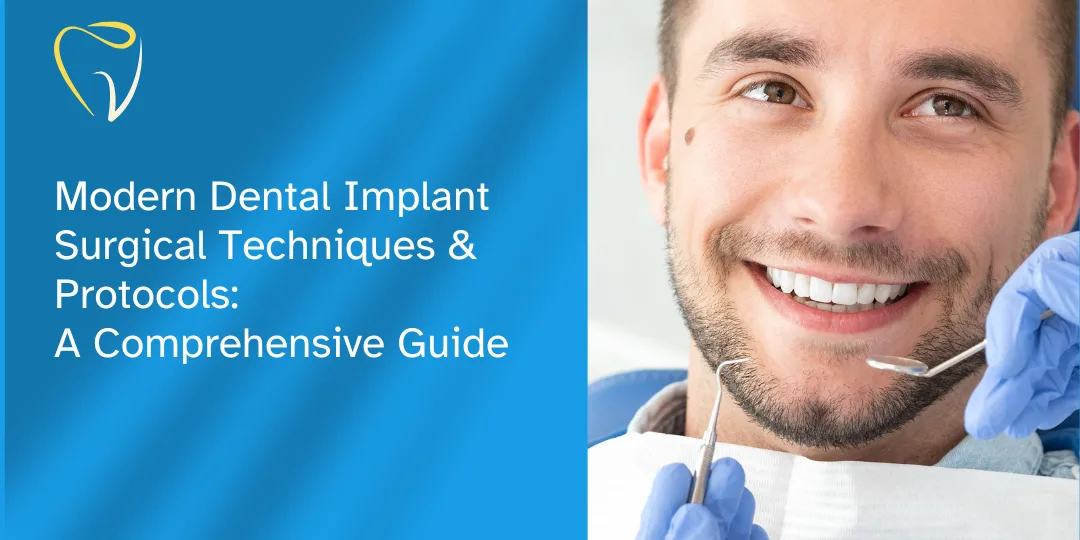
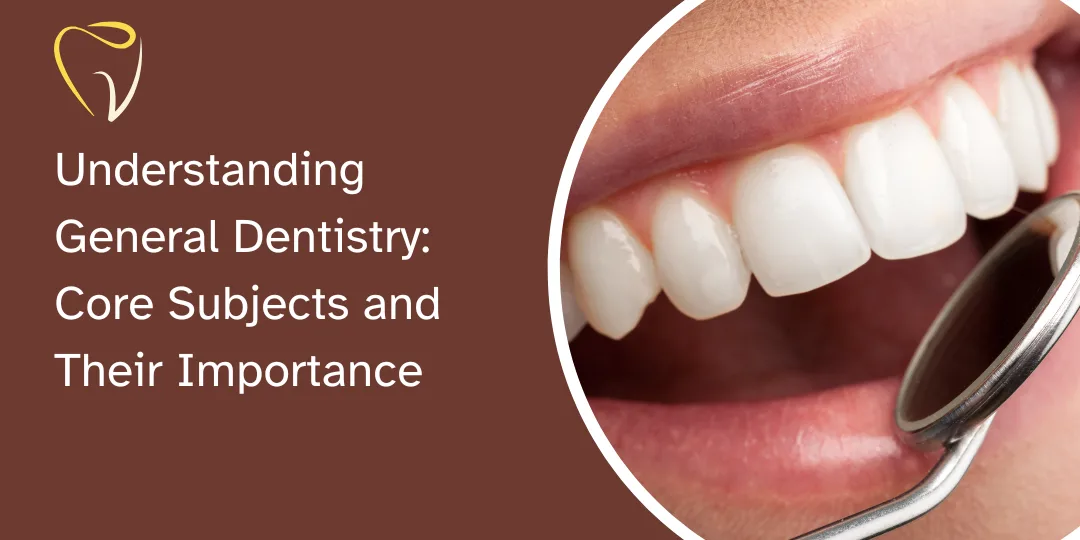
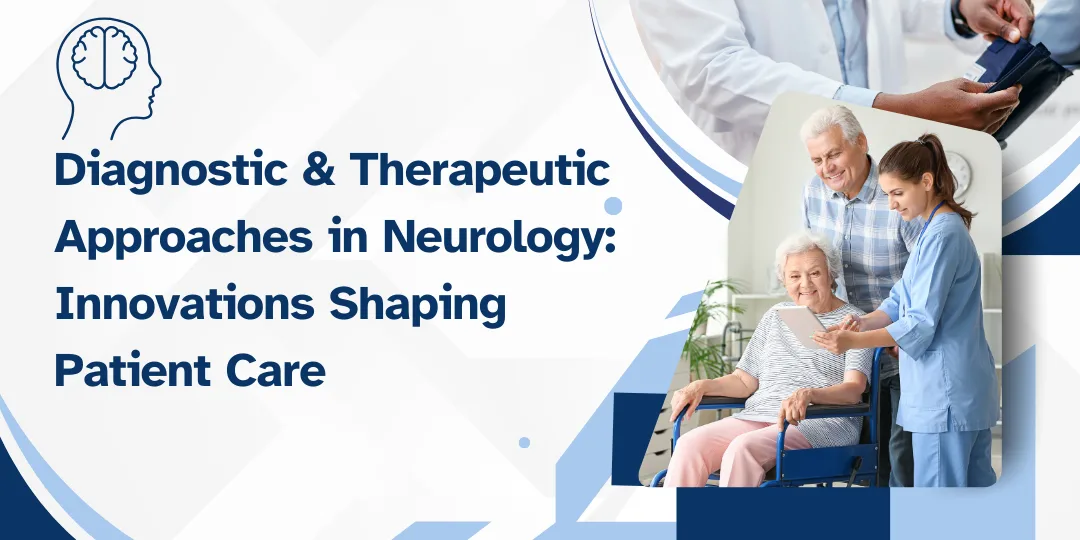
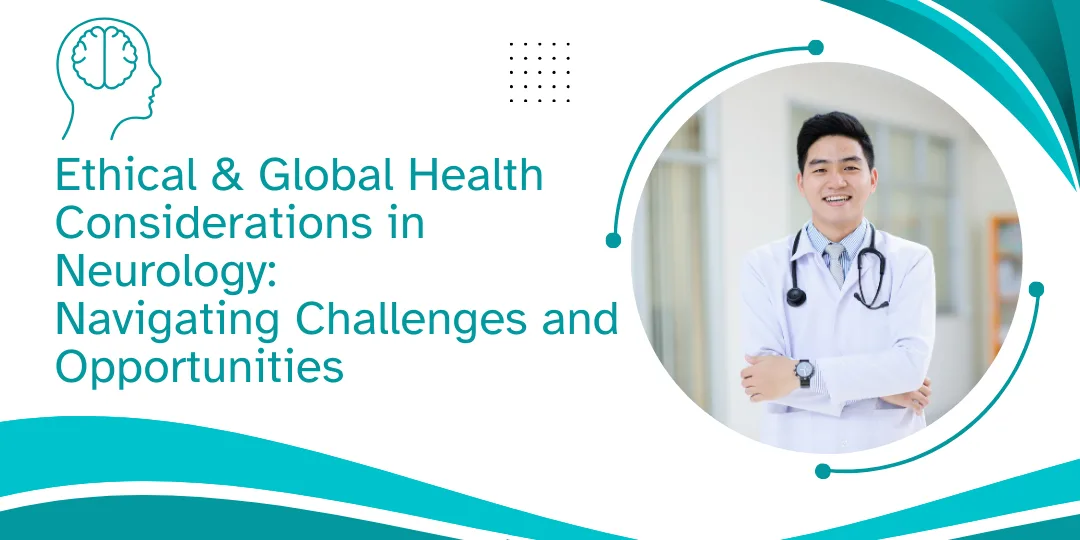
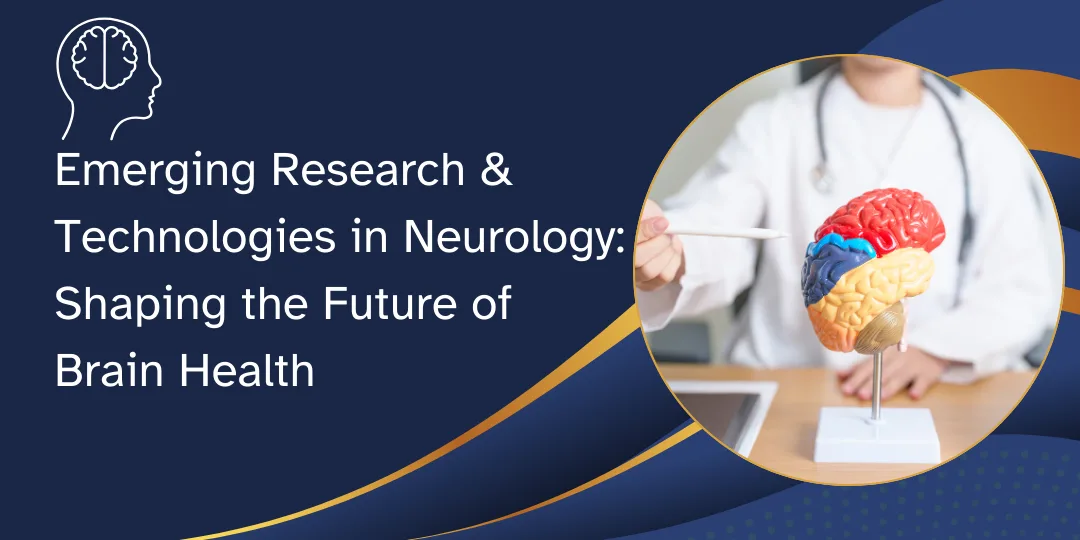


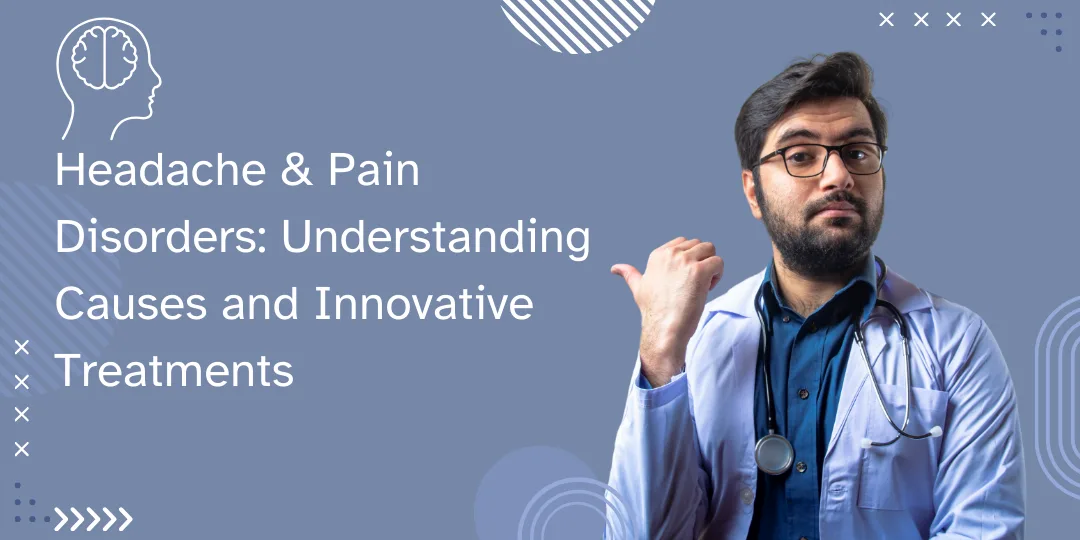
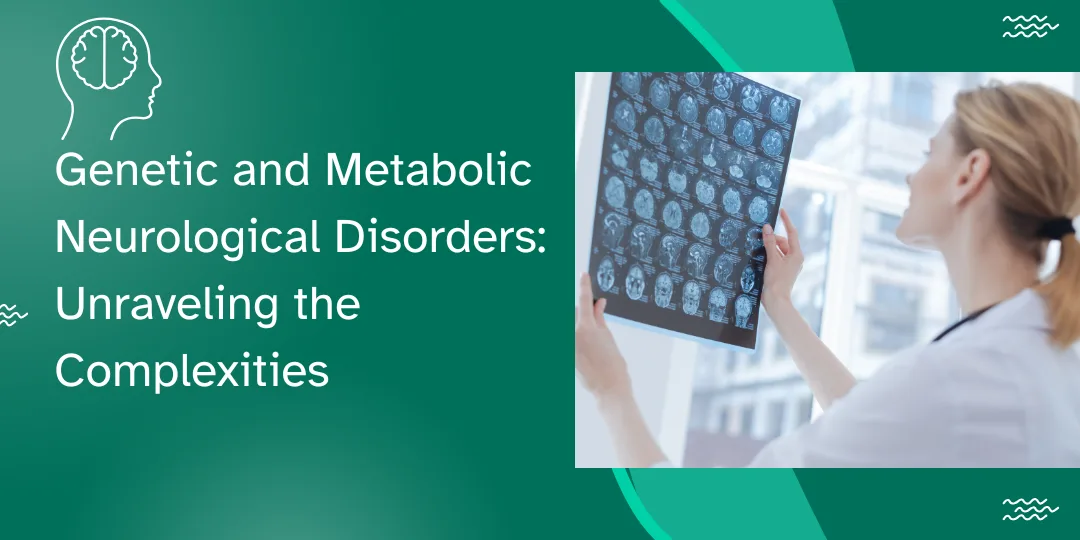
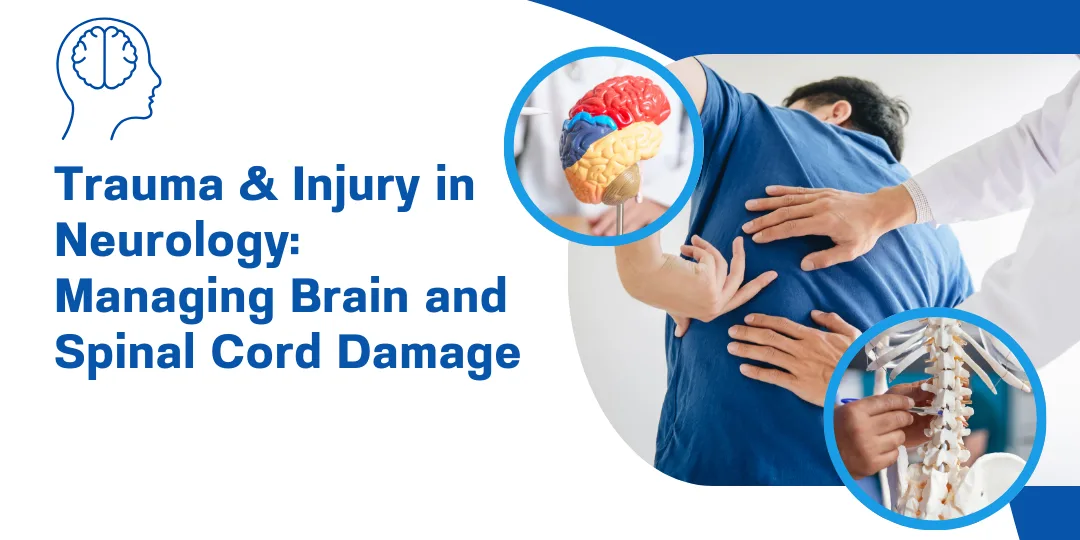
0 Comments